|
Rewilding for a more humane web
|
Dear Curiously Green friends,
I hope you are all having a wonderful May, one of my favourite months as it is the month when the buttercups come out and wave their happy yellow heads in the meadows. It always puts a smile on my face.
This issue I want to say a big thanks to my wonderful colleagues Marketa Benisek and Rachael B for their work collaborating on Curiously Green. Rachael has been with our team for nearly a decade and supported the newsletter since its conception in 2019 to this amazing 6,000+ strong community in just over 4 years, and Marketa has been our Digital Sustainability Lead for the past two years, helping raise awareness and pioneer a more environmentally responsible and humane web. Thank you both so much for all you have done! 💚
This issue is inspired by the idea of ‘rewilding’ the internet, which is a beautiful way of describing the sort of real connectivity we’re envisioning as part of what a more humane web might look like.
I hope you enjoy reading this issue and continue to share great content with us for future issues!
Tom Greenwood
|
|
|
Top picks from the green web
|
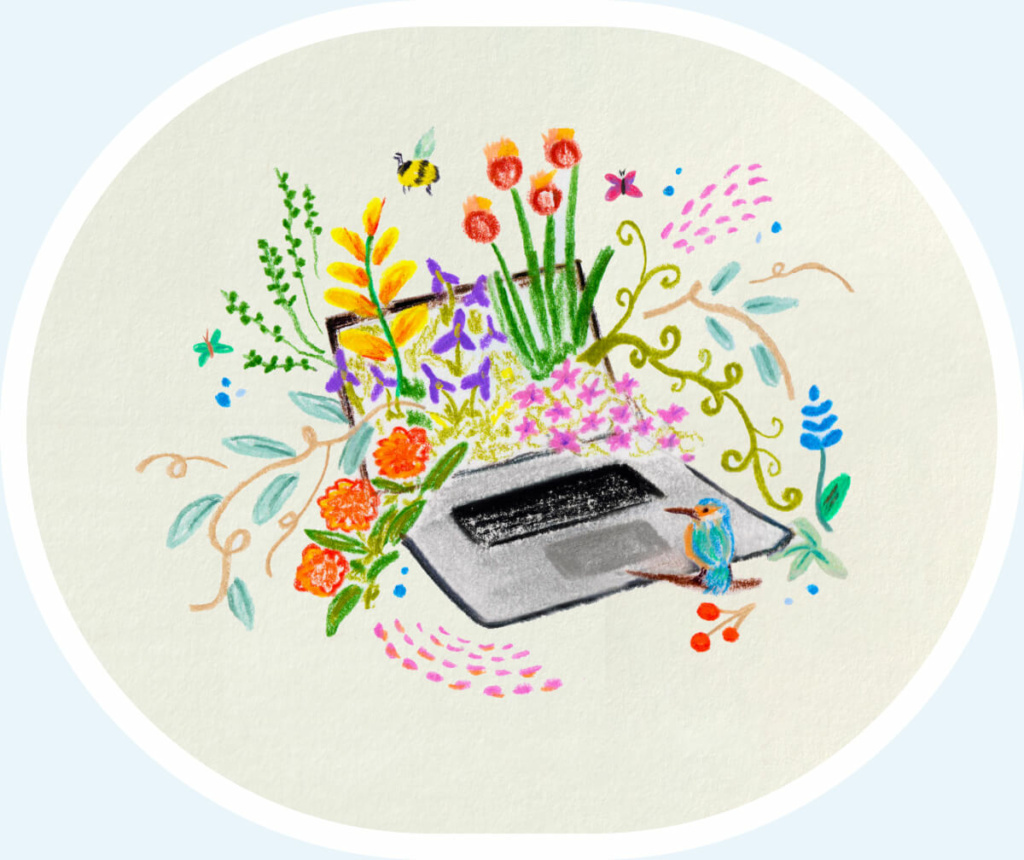
It’s time we rewild the internet
|
One article that really resonated with all of us this month was Maria Farrell and Robin Berjon’s piece, We Need to Rewild The Internet, for Noema magazine. With a nod back to the more diverse internet of the early web, they suggest that the spaces we inhabit on the modern web can no longer be called ecosystems.
They encourage us to take a leaf from the biodiversity of nature as a vision for the future of the web. Rather than trying to return to the digital diversity of the past, they suggest we focus on bringing back the values of connection and inclusivity, putting responsibility on service providers to prioritise humanity, rather than their bottom line. That’s a vision that I can get on board with.
|
|
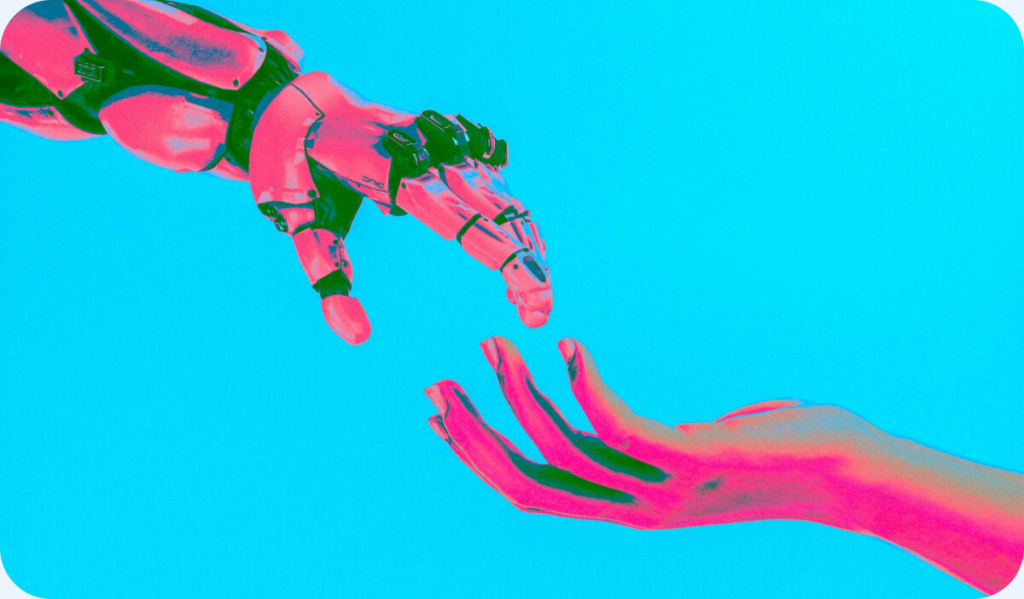
No bots allowed?
|
Do you know what a website that doesn’t allow bot traffic looks like? No? Well, neither do we – Google couldn’t find one!
This is the opening line to a reflective piece from my colleague Andy that made me pause for a minute and think. I mentioned the issue of bot traffic in my book, Sustainable Web Design, but if I’m being honest it hasn’t been something I have given enough attention. It came to Andy’s attention as he investigated an issue with a client’s website that was using double the expected bandwidth and it so happens that this isn’t uncommon.
With about half of all internet traffic now non-human, and the number of bots (in particular, ‘bad’ bots), rising, how can we address it? There is no simple answer, and we’d love to hear your thoughts on this as we explore potential solutions.
|
|
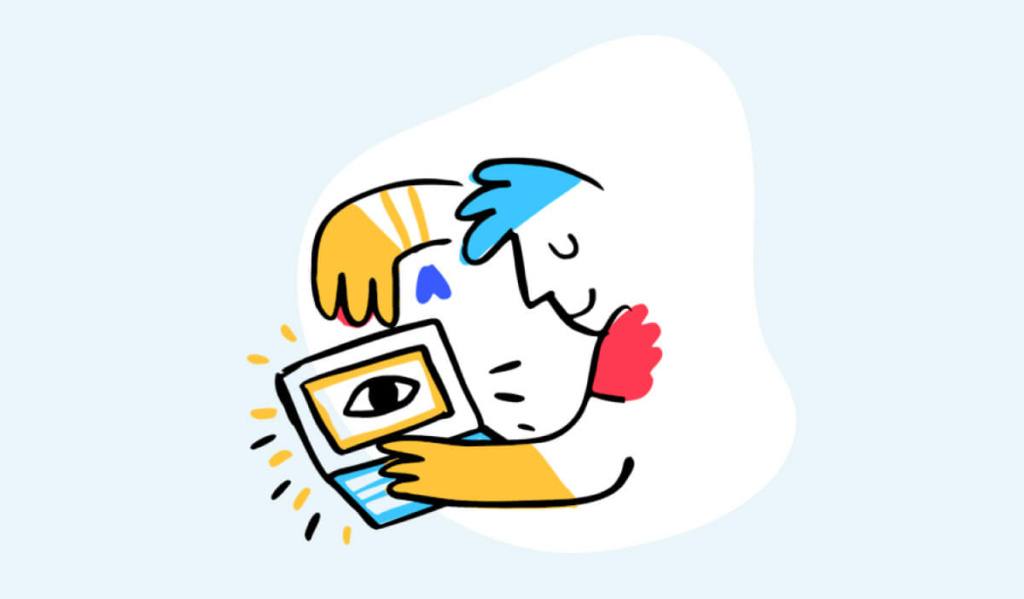
Can charities lead the way to a more humane web?
|
As discussed in the Noema piece on rewilding the internet, the web is no longer recognisable as the idealistic, experimental world it once was, where creators brought their dreams to life and made genuine connections through the ‘world wide web.’
The modern web is now a world away from this, and can sometimes seem like a glossy corporate mall designed to manipulate us into a hypnotic state of consumption without regard for our wellbeing. This shift presents a particularly strong dilemma for charities and non-profit organisations, for whom digital “best practices” established by the venture capital funded tech sector may seem to directly contradict the very values and mission of their own organisations. I believe that these organisations, as charities outside the tech sector, suffer from a collective imposter syndrome when it comes to shaping the web and yet are actually the ones who should be leading us to the web we dream of in our future.
My message to charities and non-profits is simple – be brave and put your own values at the heart of your digital comms. The world will thank you for it.
|
|
|
|
|
"Our online spaces are not ecosystems... they’re highly concentrated and controlled environments”
|
- Maria Farrell and Robin Berjon
|
|
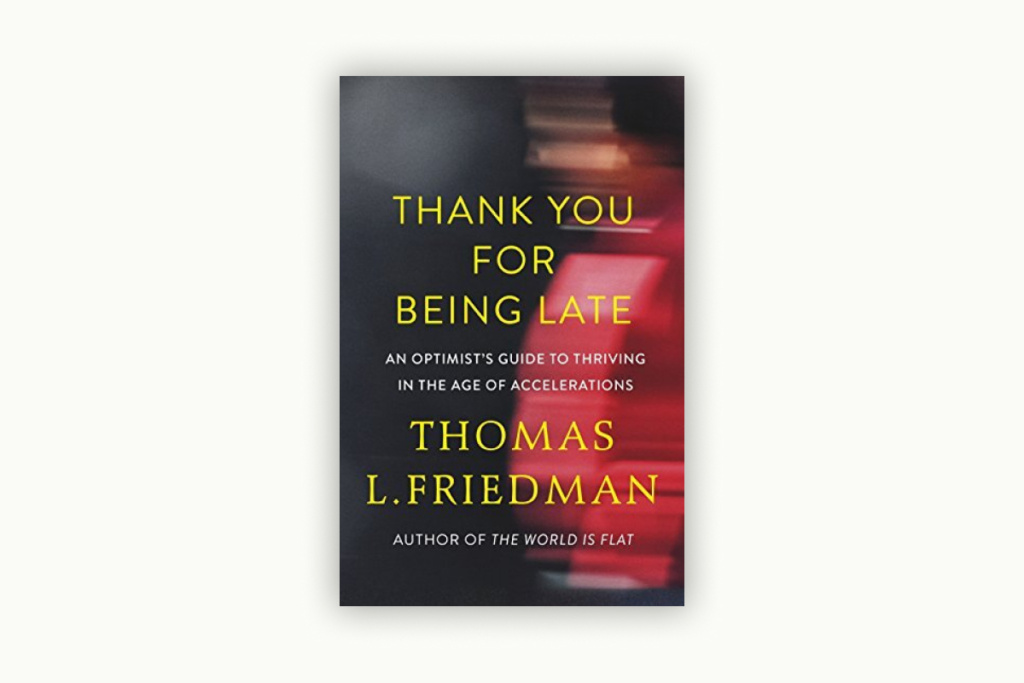
Thank You for Being Late by Thomas Friedman
|
Thank You for Being Late by Thomas Friedman is a fascinating exploration of three interconnected ‘climate’ changes reshaping our world: the transformation in the climate of technology that all started in the year of 2007 (the same year Wholegrain Digital was founded), in the climate of globalisation that creates both opportunities and challenges on a global scale, and the actual climate and environment – each accelerating simultaneously and profoundly impacting our lives.
In navigating these challenges, Friedman argues that in order to thrive in this new reality, nations and individuals need to adopt a balanced approach and learn to be fast, fair, and slow all at once. Firstly, he emphasises the importance of being fast, innovative and quick to adapt. In a world where technological breakthroughs occur at an unprecedented pace, embracing the rapid changes of the digital age can lead to newfound opportunities for growth and prosperity. Secondly, he highlights the necessity of being fair, prepared to help the casualties of change. As technology disrupts industries and reshapes societies, we must ensure that progress is inclusive and equitable through policies and practices that promote fairness and social justice. Lastly, Friedman emphasises the importance of being slow and able to shut out the noise to reconnect with our deepest values. Furthermore, he highlights that the best solutions for helping people build resilience and propulsion in this age of accelerations are things we cannot download but have to upload the old-fashioned way — one human to another, one at a time.
This book is a manifesto for a future where technology serves as a tool guided by principles of compassion, equity and mindfulness that helps humanity to thrive. It’s a timely reminder that in the increasingly interconnected and rapidly changing world, we must not lose sight of what truly matters – the power of human connection, also known as ‘the other Vitamin C’, – often overlooked in the digital age. The beauty in all this is that this Vitamin C is free, and infinite in supply. The challenge, however, is that people need to pause, distance themselves from the digital noise, and actively seek it out in the real world. By drawing inspiration from the resilience and balance found in nature, Friedman encourages us to cultivate a sense of mindfulness and intention in our lives.
– Marketa Benisek, Digital Sustainability Lead, Wholegrain Digital
|
|
|
|
|
Shorter notes on the green web
|
|
Remember to share what you’ve seen, and/or been up to this month!
|
Don’t forget, we want to hear more from you, the Curiously Green community! If you’re heard or read something that may be of interest, please share any links, and your thoughts with us.
Even better, we’d love to know what you’re working on. If you have any case studies or projects you’d like to share, or new approaches you’ve tried that may be of interest, this is a great way to share with like minded folk so please head over to our submission form and tell us all about it!
We can’t wait to hear from more of you. 💚
|
|
|
|
|
Notes from the Curiously Green community
|
-
Continuing the main theme of this issue, Where have all the websites gone? explores how the web has shifted from an organic collection of independent websites to what is essentially a few large shopping malls (Facebook, Instagram, TikTok etc.).
-
In this recent SUX podcast episode, I talk to Thorsten Jonas about how sustainable web design has evolved since I wrote my book, whether humanity is ready for AI and what is the true nature of creativity.
-
We’ve been reading Rob Hopkins’ Ministry for the Imagination manifesto – a long read worth dipping into, particularly section 8 on Data & Information Technology, in which there is a call for an AI Bill of Rights and to shift to more human centred online platforms.
-
Content With Purpose (CWP) and BCS, The Chartered Institute for IT, have teamed up again to produce Digital Pioneers: Recoding our Future – a follow up to the Net Zero Digital series that featured the work we’re doing at Wholegrain.
-
Following my talk at this year’s CharityComms conference, I wrote a piece for their website on benchmarking the sustainability of charity websites.
-
It was good to see the news that Screaming Frog have just released version 20 of their SEO crawling software, which now includes CO2 measurements and a website carbon rating on a page-by-page basis!
|
|
|
Join the Wholegrain Digital team
|
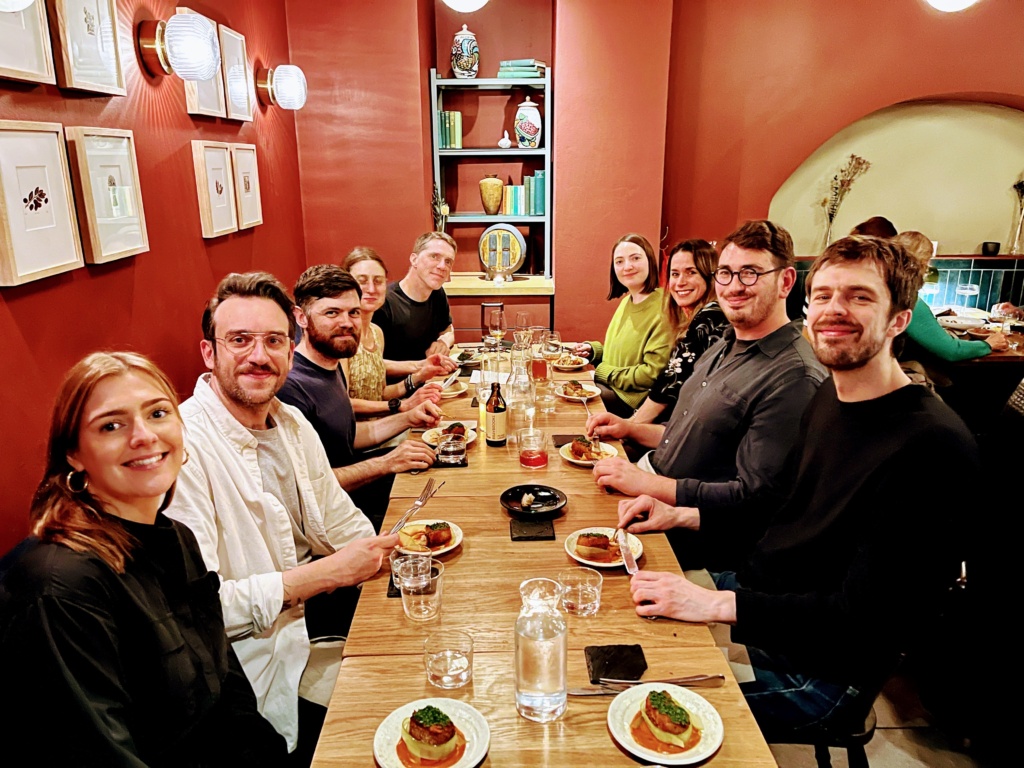
Help us shape a greener, more humane web
|
If you’re interested in being part of the Wholegrain Digital team, we’re always happy to hear from individuals dedicated to making a difference in the world via digital sustainability.
If you don’t fit the roles advertised at any time, you’re always welcome to get in touch with the team by replying to this newsletter to learn more about us and explore options in a casual conversation.
|
|
|
|
|
This issue of Curiously Green was curated and written by Tom Greenwood, Marketa Benisek, Andy Davies and Rachael B.
|
|
|
|